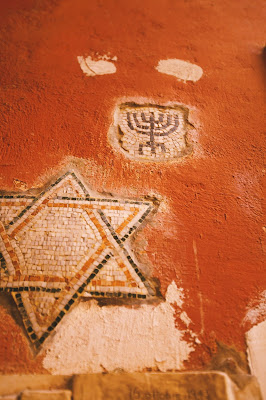Q. I have several questions in matters of emuna, as follows:
1. Why is the Nation of Israel considered greater than others? Why does G-d relate to Israel differently than the other peoples? Is this not discrimination? Why were the others created, if from the outset Israel takes precedence?
2. If G-d planned it all out in advance that the Gentiles are not commanded to keep the Torah, what complaints can there be against them when they do not keep commandments? And why do we have the privilege of keeping the Torah, and they do not?
3. I searched on my own for an answer, and I found a Midrashic teaching that states that G-d approached all the nations and asked if they wanted the Torah, and each one of them found a reason to refuse; the only one who agreed was Israel. So this answers most of my questions – but the Midrash somewhat contradicts a passage in the Talmud that says that the Torah, Israel, Teshuva, and the name of the Mashiah were all created, in this order, before the rest of the world – which would again indicate that everything was planned out in advance…
4. Why are some of the Torah's punishments seemingly so cruel? Capital punishment, it's true, was very rare – but why does it exist at all? And even if we say it's for the sake of deterrence, why are there other punishments, such as some that are stated in the Talmud, that seem to be quite harsh for "light" sins?



![Etrog [Credit: Esther Wechsler/Unsplash] Etrog [Credit: Esther Wechsler/Unsplash]](https://blogger.googleusercontent.com/img/b/R29vZ2xl/AVvXsEgyTFT1x8a6LJA_J3Z3hg9uaywe6EkBYbBhBBOPT59zSpaQ9WWkyrwsc0grc__oX7n7zF32HqQMCoxsvCqAhzahXvxHIiSlpT2QMpGNh4DqjWgDKVPcADJAwgWXrPvpRwDhVE6-PQ8LDIJs/w400-h266/esther-wechsler-GGmcXlx9byk-unsplash.jpg)




